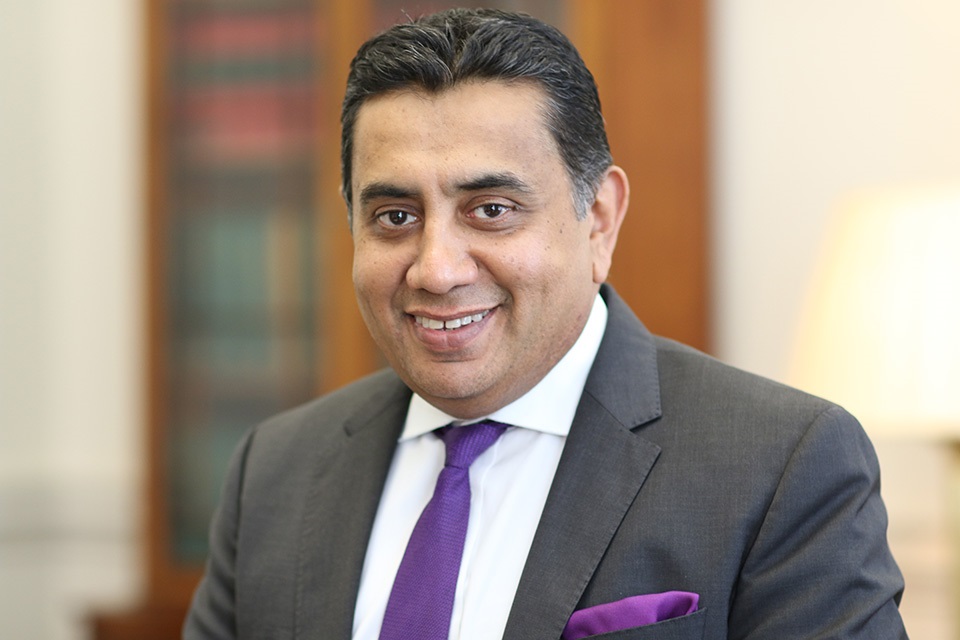Britain remains committed to improving the lives of ordinary Afghans: article by Lord Ahmad
The UK Minister for South Asia Lord Ahmad writes in The Times that the UK government's commitment to Afghanistan and its people remains strong.

The response to the crisis in Afghanistan last August was the most challenging, intense and complex overseas operation I have worked on as a minister – and one of the largest ever undertaken by the UK.
With the benefit of hindsight and experience there are things we would do differently and lessons have been learnt, many of which we have now been able to apply in our work on crises such as the war in Ukraine. But there is also a sense of achievement, albeit with immense humility, to our response. We evacuated 15,000 people within a fortnight – the second-largest evacuation carried out by any country after the United States.
Two elements of advance planning were critical.
We were one of the first countries to secure a location in Kabul that could become an evacuation handling centre. The Baron Hotel became a vital hub for our evacuation operations and international co-ordination. Indeed, this planning allowed us to support the efforts of more than 30 other countries.
We also secured a dedicated airport terminal in Dubai for our evacuation flights. This enabled frequent RAF flights to and from Afghanistan to process people quickly and move them on to the UK. And our experience of repatriating Brits during the early days of the COVID-19 crisis meant we had civilian airline contingencies in place.
I, like many others, worked day and night through Operation Pitting and I pay tribute to the thousands of military and civilian staff who worked on the operation last year. The processes of daily reviews I set up together with James Heappey at the Ministry of Defence and Kevin Foster at the Home Office, proved critical in resolving issues. As I said repeatedly to officials, our responses needed to be based on minutes not days. The shuttle diplomacy to countries neighbouring Afghanistan also kept borders operational and I’m grateful for the co-operation we continue to receive.
Yet one year on we cannot forget the millions of ordinary Afghans who live under Taliban rule and I want to reassure the people of Afghanistan that our commitment to them remains strong. The country is facing a devastating humanitarian crisis, so in response we doubled our aid in the 2021 to 2022 financial year to £286 million and have pledged the same again this financial year. Afghanistan is our largest bilateral UK aid programme. And we were pleased to be able to co-host an international pledging summit in March this year with the UN and Qatar to raise more vital funds.
The deteriorating human rights situation across Afghanistan is also a tragic reality we face. We will continue to press the Taliban on human rights and work with our international partners to lobby against violations and abuses — including on women’s rights, girls’ education, minorities and freedom of expression. Helping all girls get back to school and Afghan women back into the workplace is a top priority.
We are determined to ensure the gains made in Afghanistan in the last 20 years are not all in vain. The Taliban in my view have not changed, but the country and people have. It’s a collective responsibility of the international community to ensure we use every lever at our disposal to improve stability, safety and the future for the people of Afghanistan.
This article was first published in The Times Red Box.